As more parents, particularly mothers, look to return to employment or training, the demand for quality early childhood education and care is increasing. Many parents are overwhelmed with choices when it comes to what care and education service best fits their needs.
Home-based care is growing in popularity and has enjoyed strong growth over the past ten years, making it one of the fastest growing early childhood education service types. This may be because it offers parents what can be missing in a centre-based environment: one-on-one attachment relationships, individual programmes, a calm and settled environment, low-ratio care, flexibility and the opportunity for parents to choose to stay-at-home and become an in-home educator.
One-on-One Attachment Relationships
When a baby is born, 70% of their brain is yet to develop. In the first three years of life, almost 90% of the brain development left to be done is undertaken. Millions of connections between brain cells are formed, all directly in response to the environment around the child and the experiences that occur within relationships with those who care for them. One of the key philosophies driving home-based care and education is the importance of secure attachment relationships. Extensive neurobiological research on the early years of a child’s development indicates that the early attachments they experience lay a foundation for their health, relationships and resilience later in life. These early relationships actually shape the developing nervous system and determine how stress is interpreted and responded to in future years. Because of this, children need an adult who is emotionally available and attuned to them so that they can respond to their needs. This is perhaps the greatest strength of the home-based care and education model – the ability to grow nurturing, sensitive, responsive and consistent relationships.
Individual Programmes
Children in a home-based care and education environment benefit from the learning and development that occurs within everyday routines and experiences, focusing on current interests and using the community as an environment to explore these interests and foster natural play experiences. They get exposed to real life situations such as visits to the supermarket, to playgrounds, to the library and other community services in order to grow relationships, social skills and personal responsibility. Because of this, care and education programmes recognise and respond to individual needs, family and whanau values, cultural diversity and what it means to contribute to the wider community. Programmes are linked to the early childhood education curriculum, Te Whāriki, and are supported by qualified and registered early childhood education teachers.

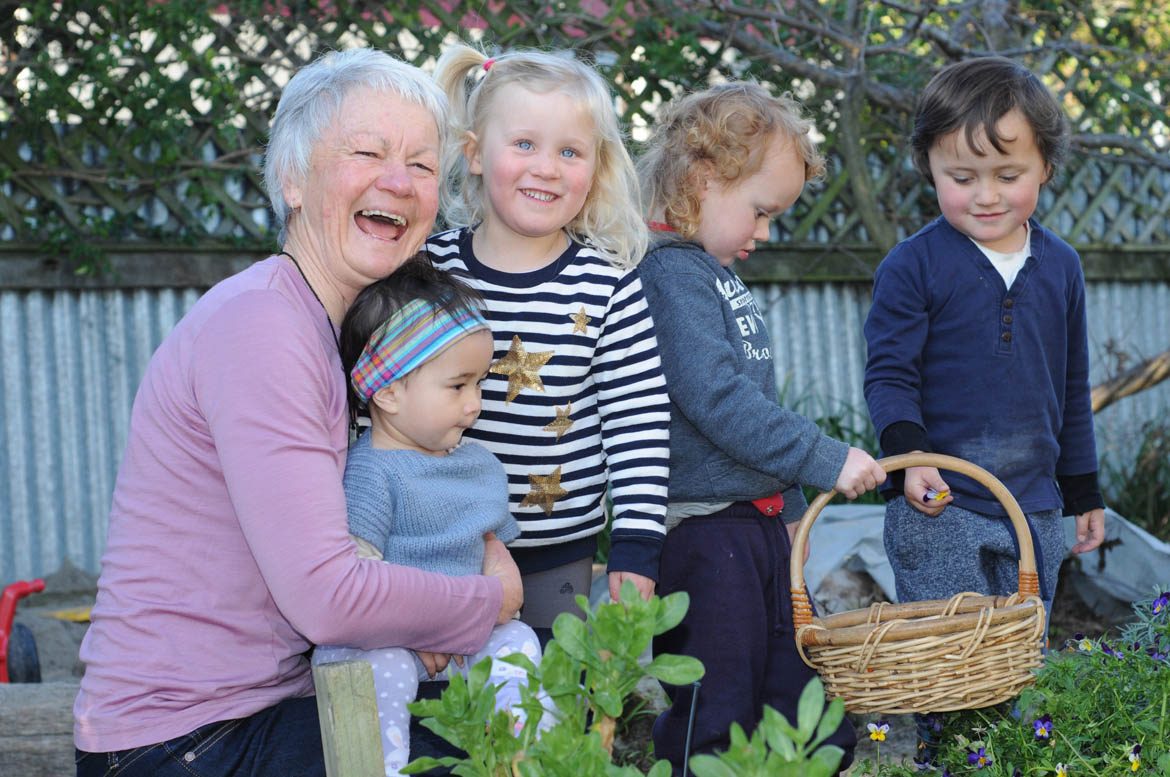

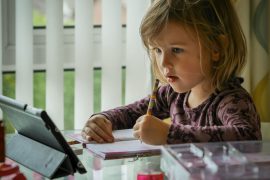
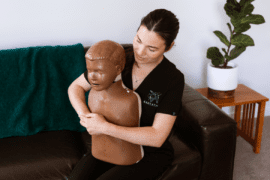


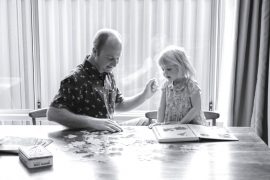
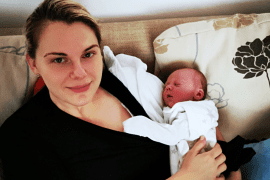
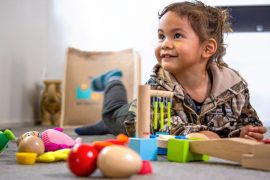
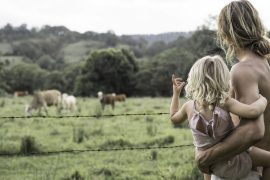
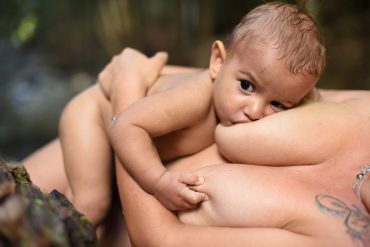
Is this sponsored content from Porse?
Yes it is.